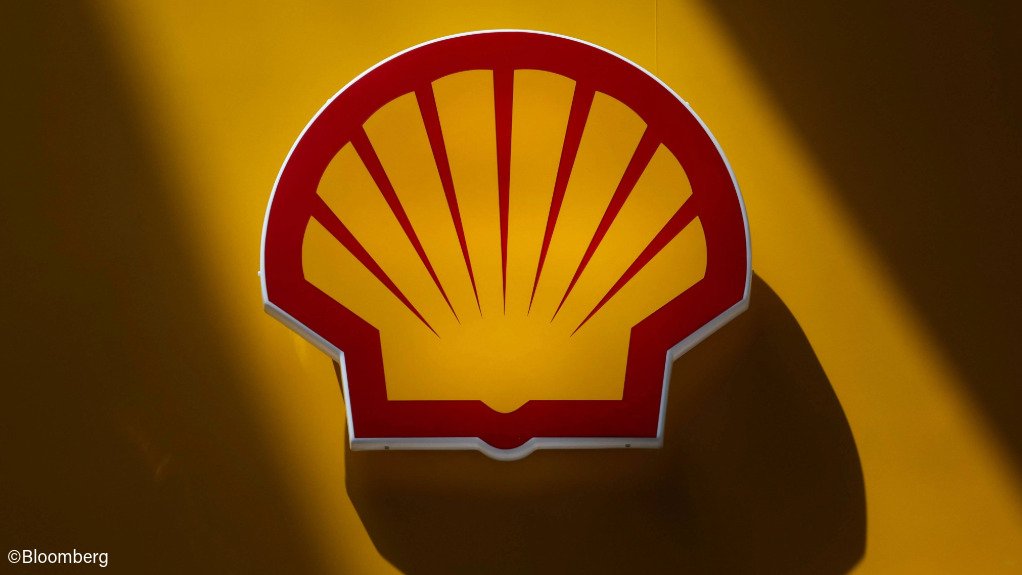Shell sees AI revolutionising energy system in new outlook
AI could lead to significant energy demand growth as the technology is implemented across industries, an acceleration that could also help to halve the system’s carbon intensity by 2050, according to a new report from Shell.
As productivity improvements resulting from AI – including automation, especially in manufacturing – enable major economic growth, consumption of oil will continue to expand by three to five million barrels a day into the 2030s, before peaking and then declining slowly over a long period, Shell said. Natural gas demand could increase into the 2040s while the use of petrochemicals is likely to continue into the 22nd century.
“In all scenarios, coal stops growing as a source of electricity before 2030, with natural gas following by 2035,” the report states. “After these dates there is no further net addition of generation from these energy sources.”
The report published on Wednesday is the first global energy outlook in two years from the London-based oil and gas giant. It is also the first time it has included AI outcomes, which dominate the 57-page document assembled by Shell scientists, economists and researchers. Its scenarios, which feature three possible outcomes for the world, are used as a tool by Shell’s leaders but do not represent the company’s corporate direction.
All three scenarios result in the earth’s temperature exceeding the 1.5 °C target that 196 countries agreed in the 2015 Paris Agreement. Indeed, an increase of that scale may already have happened.
But Shell sees the pace of decarbonisation gaining in the decades ahead – with great assistance from AI becoming immersed across energy systems from transport to manufacturing. That will help the world avoid an increase in average global temperatures of 3 °C or 4 °C.
Shell’s scenarios foresee widespread electrification of the energy system, and also a world where carbon-removal technologies scale and become more economical, helping reduce global carbon intensity over time.
“Any analysis which seeks to reach net-zero CO2 emissions by 2050 must fully embrace the use of carbon management and carbon removal technologies,” according to the report.
Article Enquiry
Email Article
Save Article
Feedback
To advertise email advertising@creamermedia.co.za or click here
Press Office
Announcements
What's On
Subscribe to improve your user experience...
Option 1 (equivalent of R125 a month):
Receive a weekly copy of Creamer Media's Engineering News & Mining Weekly magazine
(print copy for those in South Africa and e-magazine for those outside of South Africa)
Receive daily email newsletters
Access to full search results
Access archive of magazine back copies
Access to Projects in Progress
Access to ONE Research Report of your choice in PDF format
Option 2 (equivalent of R375 a month):
All benefits from Option 1
PLUS
Access to Creamer Media's Research Channel Africa for ALL Research Reports, in PDF format, on various industrial and mining sectors
including Electricity; Water; Energy Transition; Hydrogen; Roads, Rail and Ports; Coal; Gold; Platinum; Battery Metals; etc.
Already a subscriber?
Forgotten your password?
Receive weekly copy of Creamer Media's Engineering News & Mining Weekly magazine (print copy for those in South Africa and e-magazine for those outside of South Africa)
➕
Recieve daily email newsletters
➕
Access to full search results
➕
Access archive of magazine back copies
➕
Access to Projects in Progress
➕
Access to ONE Research Report of your choice in PDF format
RESEARCH CHANNEL AFRICA
R4500 (equivalent of R375 a month)
SUBSCRIBEAll benefits from Option 1
➕
Access to Creamer Media's Research Channel Africa for ALL Research Reports on various industrial and mining sectors, in PDF format, including on:
Electricity
➕
Water
➕
Energy Transition
➕
Hydrogen
➕
Roads, Rail and Ports
➕
Coal
➕
Gold
➕
Platinum
➕
Battery Metals
➕
etc.
Receive all benefits from Option 1 or Option 2 delivered to numerous people at your company
➕
Multiple User names and Passwords for simultaneous log-ins
➕
Intranet integration access to all in your organisation



















